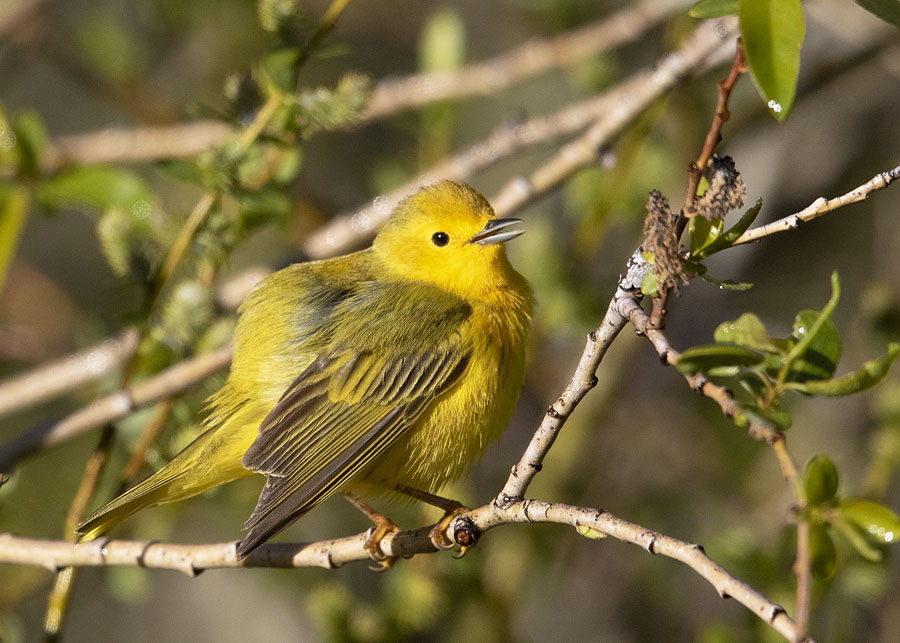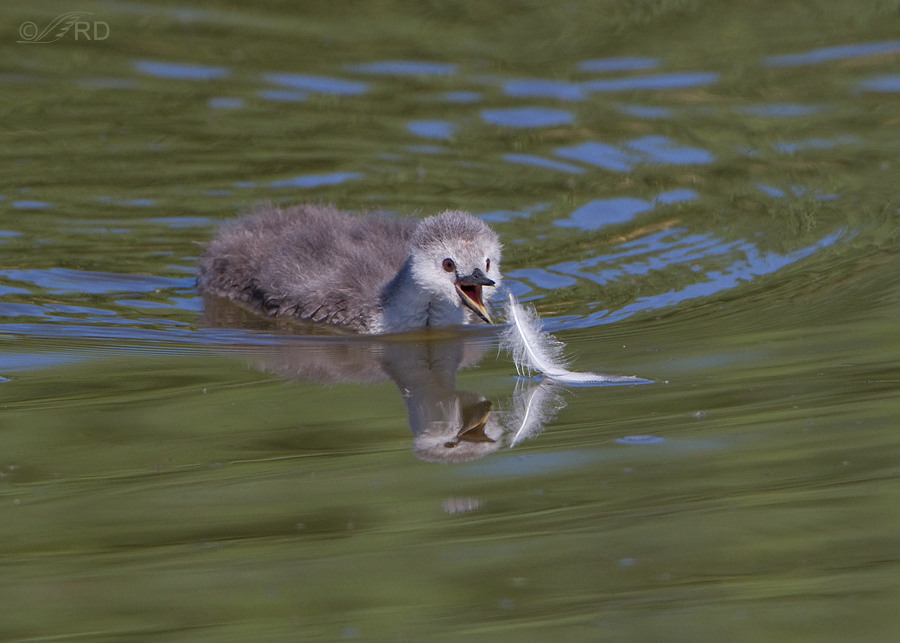Tag: parasites
Grebes Eating Feathers (including two graphic images)
Red-tailed Hawk Rejecting Intestines Of Prey
Many raptors will methodically and deliberately remove the intestinal tract of their prey before consuming it, a behavior that I’ve photographed several times with different species. In my research I’ve never been able to find out exactly why this is done – there are multiple theories but apparently no definitive answers. Maybe they tend to reject them because they “taste bad”, or because they “harbor harmful bacteria” or because they are filled with contents that are of “low food value”. Perhaps it’s a combination of factors. Recently, to add to the confusion, I’ve come up with my own working theory. The intestines of vertebrates, particularly mammals such as the rodents that many of these raptors regularly prey on, tend to be infested with a variety of parasites – including worms such as intestinal roundworms, flukes and tapeworms. The life cycles of many of these parasites are convoluted and complex but some of them lay thousands of eggs into the hosts intestinal contents every day. Eating those contents could have unpleasant consequences for predators so it seems logical to me that selection pressure might preserve such a behavior. 1/1000. f/5.6, ISO 640, 500 f/4, 1.4 tc, natural light, not set up, baited or called in While I was in SW Montana a few weeks ago this juvenile Red-tailed Hawk flew to a nearby post with a vole and started to eat it. It began by opening the vole and then removing and swallowing several desirable morsels. Here you see an errant feather floating away in the breeze. 1/1000. f/5.6, ISO 640, 500…



